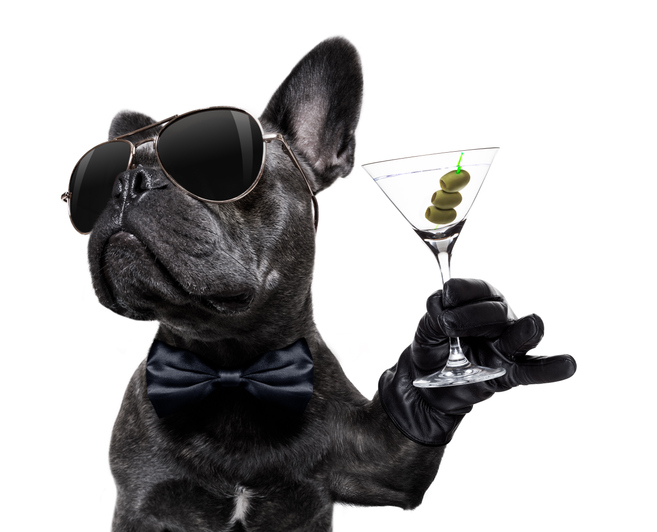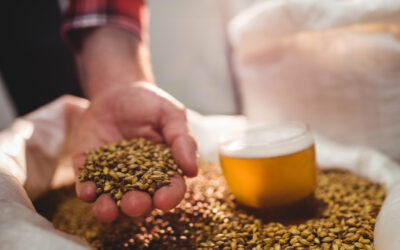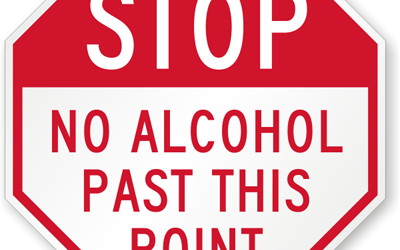As COVID-19, aka Coronavirus, rips through this country, a lot of Americans are facing closures of most, if not all, of their favorite spots for socializing in an effort to flatten the curve. Who would have thought that 100 years after the enactment of Prohibition, Americans would, once again, be faced with government entities closing bars and kiboshing alcohol service in restaurants?
Fortunately, for us trapped in New York and California, our state governments have realized that depriving Americans of a cocktail never ends well. In an effort to reopen a revenue stream for otherwise shuttered bars and financially-impacted restaurants, both New York and California have relaxed alcohol sales laws and allowed for bars and restaurants to start selling booze to go. However, do not take this to be a free-for-all because there are still plenty of restrictions in place to regulate these new, temporary to-go measures.
NEW YORK
The governing body of New York liquor laws, the New York State Liquor Authority, has now permitted all on-premises licensees (such as a bar) and manufacturing licensees with on-premises retail privileges (such as a brewery with a tasting room) to now sell for off-premises consumption. The alcoholic beverages may be either picked up through take-out or delivered to the customer’s residence.
The Limitations:
- Licensees can only sell what they would be able to sell for on-premises consumption. In other words, a wine bar cannot start selling Long Island Iced Teas.
- The drinks must be in a closed or sealed original container.
- The sale must be made in accordance with local open container ordinances.
- The sale of a beverage must be accompanied by the purchase of food.
- Any deliveries must be made by either a vehicle that is already permitted by the New York State Liquor Authority or by a vehicle owned/hired by the licensee or the licensee’s employee. A copy of the permit or license issued by the New York State Liquor Authority must be in the vehicle.
- Alcohol may only be sold during the normal on-premises selling hours, which means that last call is still a thing, even when drinking at home.
Keep in mind that any licensee who fails to switch to the to-go option, and continues to operate on-premises sales faces a fine ($10,000 maximum for a retailer and $100,000 maximum for a manufacturer) and/or the suspension, cancellation, or revocation of their license.
CALIFORNIA
Shortly after New York State allowed for New Yorkers to enjoy happy hour from the comfort of their couches, California relaxed its own liquor laws. The California Department of Alcoholic Beverage Control is temporarily suspending enforcement of legal prohibitions that would otherwise prevent licensees with “on-sale” privileges selling of alcohol for the purpose of off-site consumption, among other things.
The Limitations:
- Only “bona fide eating places” may sell beer, wine, and pre-mixed drinks for consumption off-site that are not in manufacturer pre-packaged containers.
- Licensees with “on-sale” privileges that are not “bona fide eating places,” such as bars and distilleries with tasting rooms that do not sell food, are only permitted to sell alcohol in manufacturer pre-packaged containers, such as cans of beer or bottles of vodka.
- “Bona fide eating places” may only sell alcohol that is not in manufacturer pre-packaged containers in conjunction with meals prepared for pick-up or delivery.
- Alcoholic beverages being sold by “bona fide eating places” must be in a container with a secure lid/cap that is designed to prevent consumption without removing the lid/cap. In other words, do not expect to be able to get a margarita in a disposable travel mug.
- Despite having lids/caps, alcoholic beverages being sold by “bona fide eating places” are considered open containers of alcohol, and must be transported as such. This means that anyone transporting such a beverage must put it in the trunk of their car or in another part of the vehicle that is not normally occupied by passengers that is not a utility/glove compartment. In other words, do not put your cosmopolitan in your cupholder.
- Any “on-sale” licensee selling open container alcoholic beverages must prominently display a warning that the alcoholic beverages are considered open container alcoholic beverages. The full warning that must be posted may be found on the California Department of Alcoholic Beverage Control’s website.
Neither the New York State Liquor Authority nor the California Department of Alcoholic Beverage Control have announced end dates to these new temporary regulations. However, it is presumed that both states will end their relaxation of alcohol sales once restaurants and bars are permitted to reopen in their respective states. Until then, remain safe and stay within the perimeters set up for selling or purchasing your favorite cocktails to-go.`




